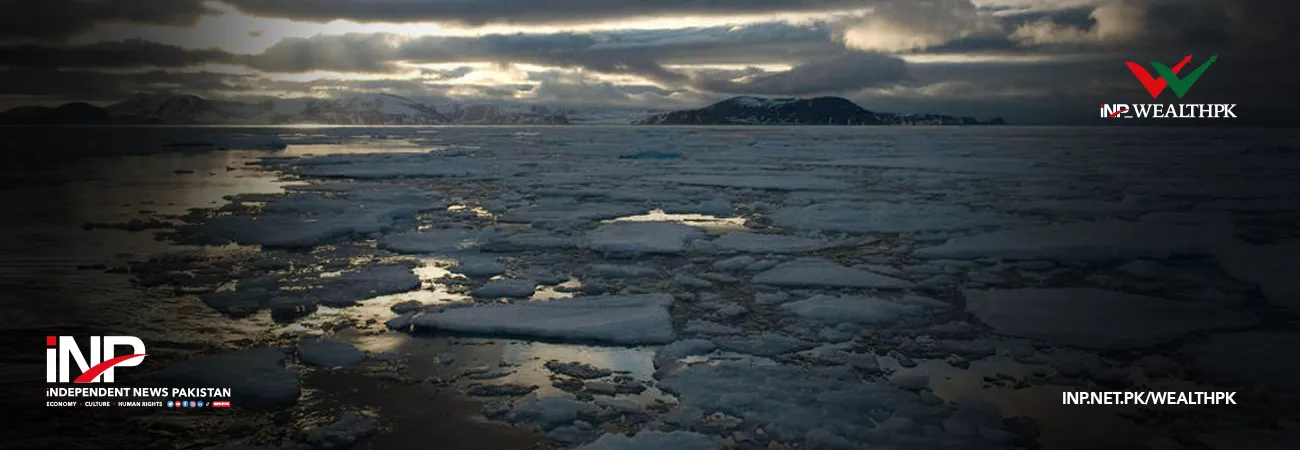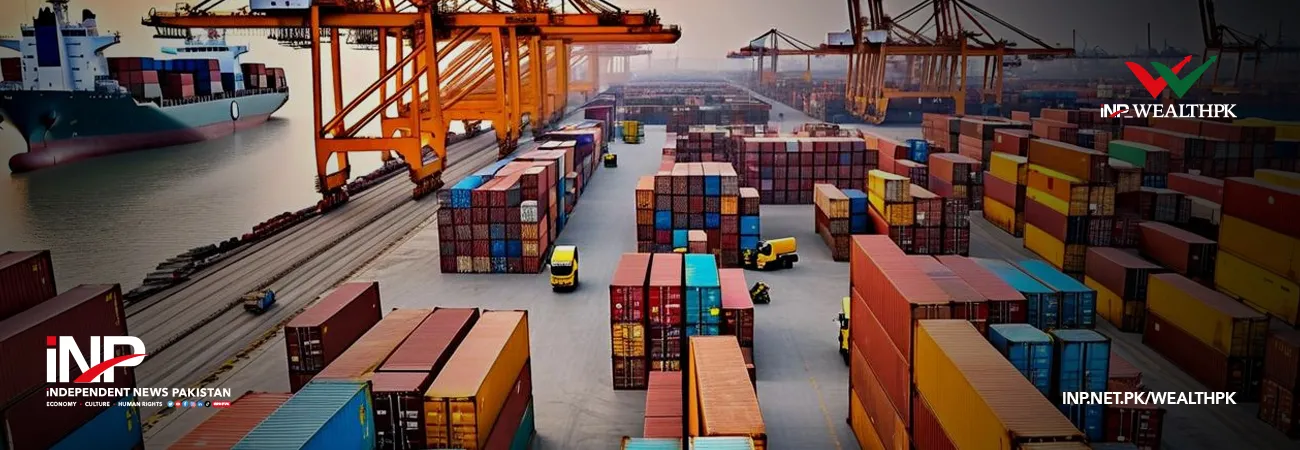INP-WealthPk
Ayesha Mudassar
Human interference with the natural settings has hugely contributed to the immense challenge of climate change, said Dr Abid Q Suleri, the Executive Director of Sustainable Development Policy Institute (SDPI). Talking to WealthPK, he said the foremost cause of climate change is the combustion of fossil fuels, which releases carbon dioxide gas into the atmosphere. “Moreover, human-driven changes to land such as massive deforestation, rapid industrialisation and generation of solid waste are increasingly altering the climate and the earth’s atmosphere.”
The aforementioned human activities have significantly increased the atmospheric concentration of greenhouse gases, enhancing the greenhouse effect and accelerating global warming. As per the Intergovernmental Panel on Climate Change (IPCC), emissions of greenhouse gases from human activities are responsible for approximately 1.2°C of warming from 1850 to 2021, and this increase will likely exceed 1.4°C over the next 20 years.
“Human-induced climate change is causing widespread disruption in nature and is affecting the lives and livelihoods of billions of people,” the IPCC points out. Rising earth temperature, frequent occurrence of extreme weather events, collapsing ice shelves, melting glaciers, and increasing sea levels are illustrations of its impacts.
According to the World Meteorological Organisation, the Earth's temperature has increased by 0.85°c over the last 100 years. Intensified climate-induced disasters have been frequently witnessed across different parts of the world. Hurricanes in Florida, torrential rainfall in Pakistan, and droughts in parts of Africa all are manifestations.
As per the National Aeronautics and Space Administration, Greenland lost 150-250 cubic kilometres and Antarctica lost 152 cubic km of ice. According to the International Commission on Ice and Snow, glaciers are melting everywhere in the world – the Himalayas, Andes, Alps and Alaska.
Pakistan has observed the most recent and shocking illustration of climate change – the catastrophic flooding in 2022. Torrential rainfall drenched one-third of the country's territory, affected 33 million people, damaged critical infrastructure, and caused a financial loss of $30 billion.
Credit: Independent News Pakistan-WealthPk













